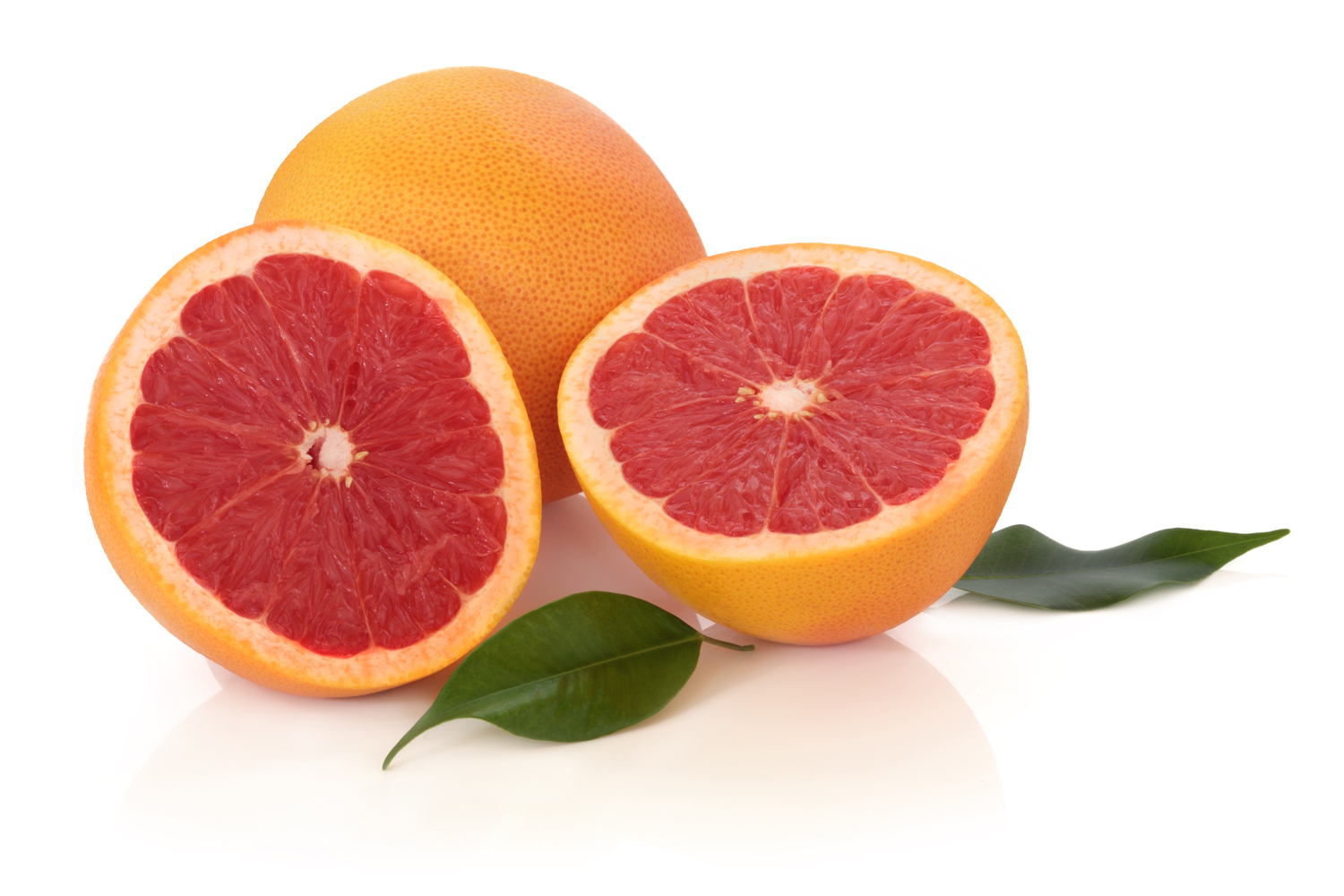
Foods to Avoid With Atrial Fibrillation
Atrial fibrillation, or AFib, is the most prevalent type of heart arrhythmia, which is characterized by a too slow, too fast, or irregular heart beat. AFib may occur as a short-term or long term condition, but it causes impeded blood flow as well as it should from the atria to the lower chambers of the heart (the two ventricles), and puts patients at greater risk of heart attack and stroke.
While the most common treatment for AFib is potassium channel blockers, often prescribed by physicians to decrease the electrical signals that cause AFib, certain foods may also contribute to worsening AFib symptoms, and should be avoided by patients:
1. Grapefruit
Grapefruit can be a nice addition to your breakfast table. However, if you suffer from AFib, it’s best to stay away from this citrus fruit. Consuming lots of grapefruit can interfere with your body’s ability to absorb medications successfully. That includes medications designed to head off arrhythmias, as well as meds to prevent blood clots. Avoid both grapefruit juice and fruit if you are taking any of these medications. In fact, grapefruit commonly interacts negatively with several medications, so best talk to your doctor before eating.
2. Alcohol
Alcohol is often moderated or eliminated by patients with certain health conditions because of its stimulant effects. Alcohol can increase your heartbeat and also make you feel drowsy. Your body needs a steady heartbeat to cope with the effects of AFib. So your doctor will likely recommend avoiding alcohol if you have been diagnosed with AFib.
3. Caffeine
Caffeine can make you feel more alert. Beverages and foods containing the substance accomplish this by stimulating the body’s systems to work faster, including the heart. If you are already dealing with AFib, stick to non-caffeinated teas, coffee, and sodas as much as possible.
4. Cranberry juice
If you’re being treated for AFib, you might be taking a medication called Warfarin. This medication has been shown to control the condition and help prevent heart attack or stroke. However, studies have repeatedly shown that cranberry juice is an anticoagulant, which can lead to a faster heartbeat and put you at further risk for stroke or heart attack.
5. Salty foods
Salt can increase your blood pressure. In doing so, it can worsen the symptoms of AFib. Always look at labels on canned and boxed foods and snacks for hidden sodium. In fact, doctors will often recommend a low sodium diet for AFib patients. Alternatively, stick to whole foods like fruit and vegetables, whole grains and lean meats to reduce your overall salt consumption.
6. Gluten
Some patients are already sensitive to gluten due to an allergy or existing celiac disease. However, gluten even in healthy individuals can lead to inflammation, which can trigger issues like rapid heartbeat. If you notice gluten affecting your AFib symptoms, talk to your doctor about a gluten-free diet to help manage your symptoms more effectively.
7. Asparagus
Humans need vitamin K in order for effective blood clotting and metabolism. However, too much of this vitamin can trigger blood clots. Certain vegetables, such as asparagus, contain a lot of vitamin K, which is why it’s best to avoid this veggie if you have existing AFib or issues with blood clots.
If you or a loved one suffers with AFib, they may be at increased risk of a heart attack, ventricular fibrillation or ventricular tachycardia. Having an AED, such as a Philips Heartstart home AED defibrillator, on hand in an emergency situation can save a life. Also, keep in mind that taking certain medications, such as Ibrutinib, may lead to Afib.


